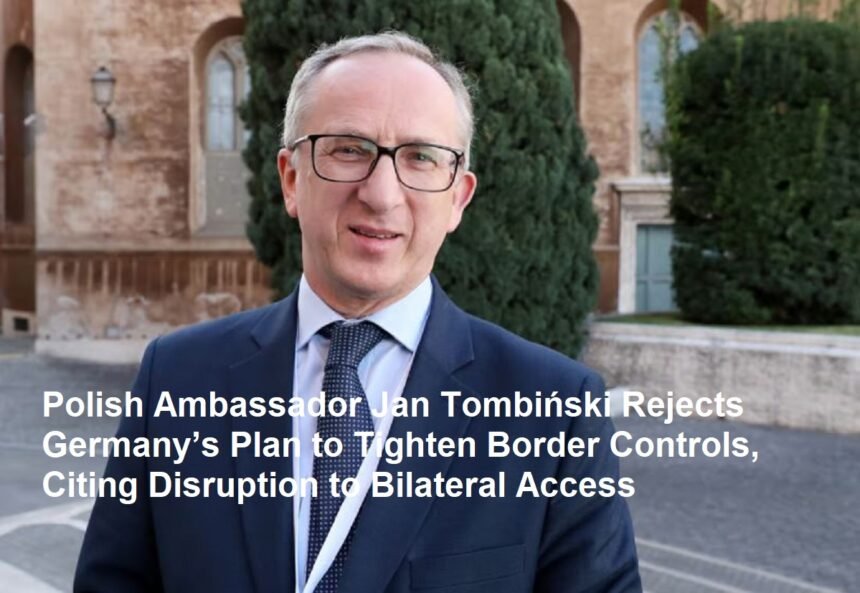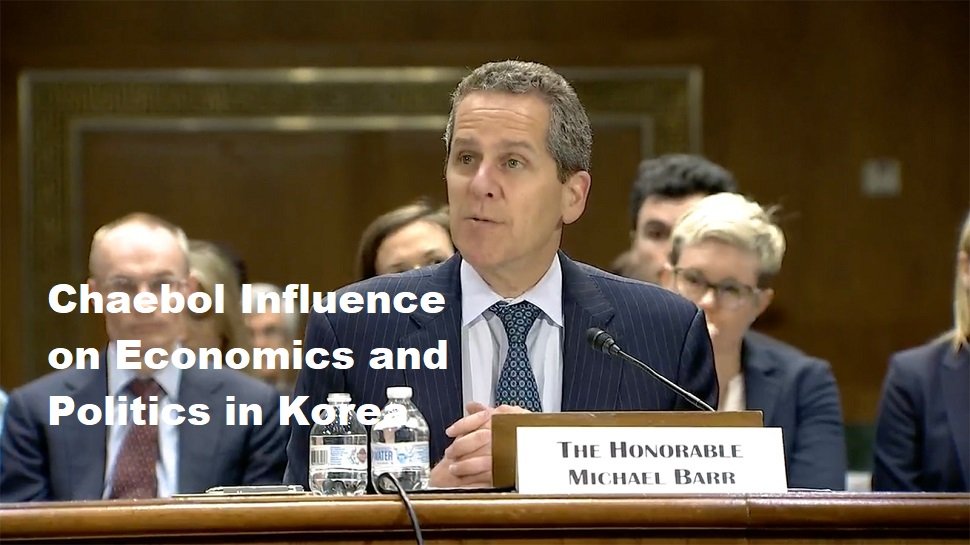Jan Tombiński, the Polish Ambassador to Germany, has publicly opposed the new German government’s proposal to strengthen border controls between Germany and Poland. He warned that such measures would significantly disrupt the free movement and access that both countries currently enjoy, potentially harming economic ties and daily life for citizens on both sides of the border.
Background of the Border Control Proposal
The German government recently announced plans to increase surveillance and tighten security measures along its eastern border with Poland. This initiative is part of a broader effort to address concerns related to migration, security threats, and cross-border crime. The proposed measures include enhanced identity checks, increased border patrols, and stricter customs enforcement.
While Germany views these steps as necessary for national security and immigration management, the plan has raised concerns among neighboring countries, especially Poland, which shares a long and historically significant border with Germany.
Ambassador Tombiński’s Concerns
Ambassador Tombiński expressed strong reservations about the potential impact of the tightened border controls. He emphasized that the current open-border arrangement between Poland and Germany is a cornerstone of the European Union’s principle of free movement, which facilitates trade, tourism, and cultural exchange.
He warned that increased border restrictions could lead to delays, reduced cross-border cooperation, and economic losses. Many Polish citizens work or study in Germany, and vice versa, relying on seamless border crossings. Disrupting this flow could affect livelihoods and strain social ties.
Tombiński also highlighted that the border region has developed integrated infrastructure and joint initiatives that depend on easy access. Tightening controls risks undermining years of progress in regional cooperation.
Economic and Social Implications
The Poland-Germany border is one of the busiest within the European Union, with millions of people and goods crossing annually. Both countries benefit from robust trade relations, with Germany being Poland’s largest trading partner.
Stricter border controls could increase transportation times and costs, affecting supply chains and businesses on both sides. Small and medium enterprises, which often rely on cross-border customers and suppliers, may be particularly vulnerable.
Socially, many families and communities straddle the border, maintaining close ties. Increased border checks could hinder social interactions, cultural events, and educational exchanges, weakening the sense of European unity.
Political Context
The proposal to tighten border controls comes amid rising concerns in Germany about migration and security. Some political factions advocate for stronger national borders to address these issues, reflecting broader debates within the EU about balancing security with openness.
Poland, as a member of the EU and Schengen Area, supports free movement and has often emphasized the importance of cooperation among member states. Ambassador Tombiński’s rejection of Germany’s plan reflects Poland’s commitment to these principles and its desire to maintain strong bilateral relations.
Calls for Dialogue and Cooperation
In response to the proposed measures, Ambassador Tombiński called for constructive dialogue between Poland and Germany to find balanced solutions that address security concerns without compromising the benefits of open borders.
He suggested enhancing joint border management initiatives, intelligence sharing, and coordinated law enforcement efforts as alternatives to unilateral tightening of controls.
Maintaining trust and cooperation is essential to ensure that both countries can effectively manage challenges while preserving the freedoms that underpin the European project.
Conclusion
Polish Ambassador Jan Tombiński’s rejection of Germany’s plan to tighten border controls underscores the delicate balance between security and openness in Europe. His concerns highlight the potential economic, social, and political disruptions that stricter border measures could cause between two closely linked neighbors.
As Germany moves forward with its security agenda, ongoing dialogue with Poland and other EU partners will be crucial to ensure that border policies protect citizens without undermining the fundamental principles of free movement and cooperation that have shaped modern Europe.









